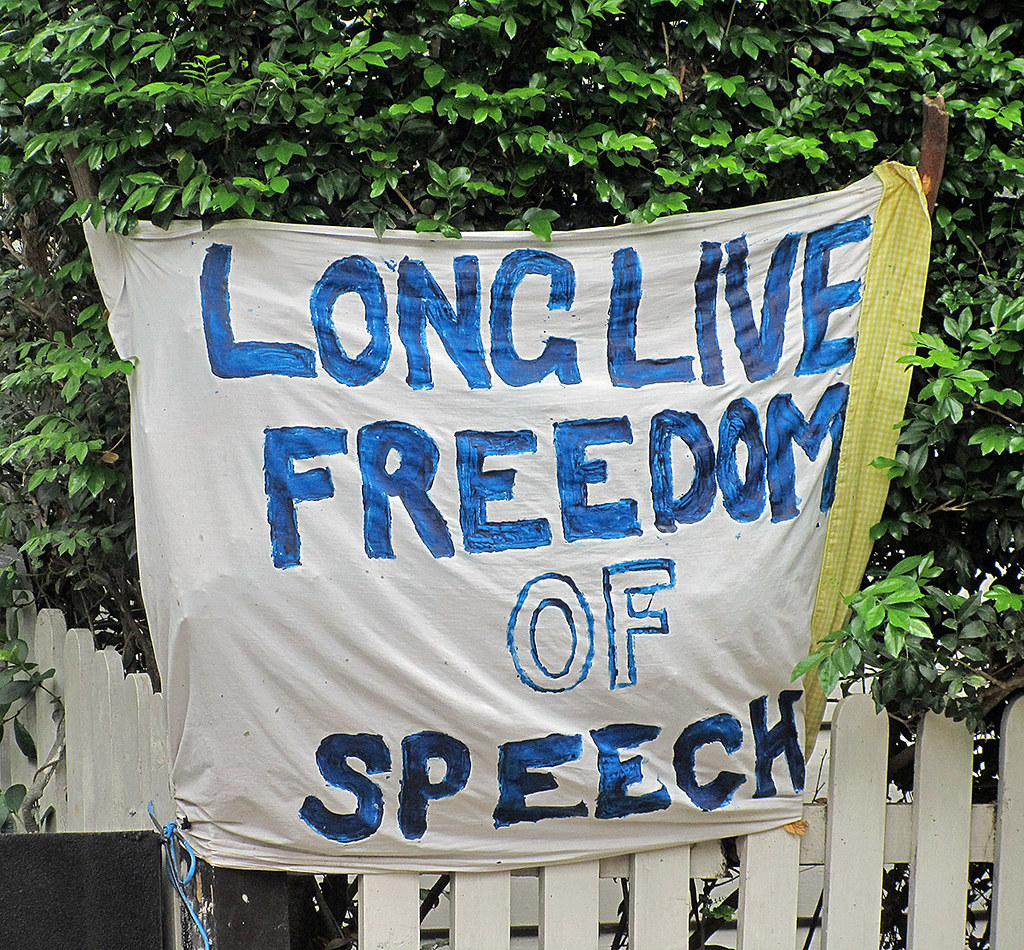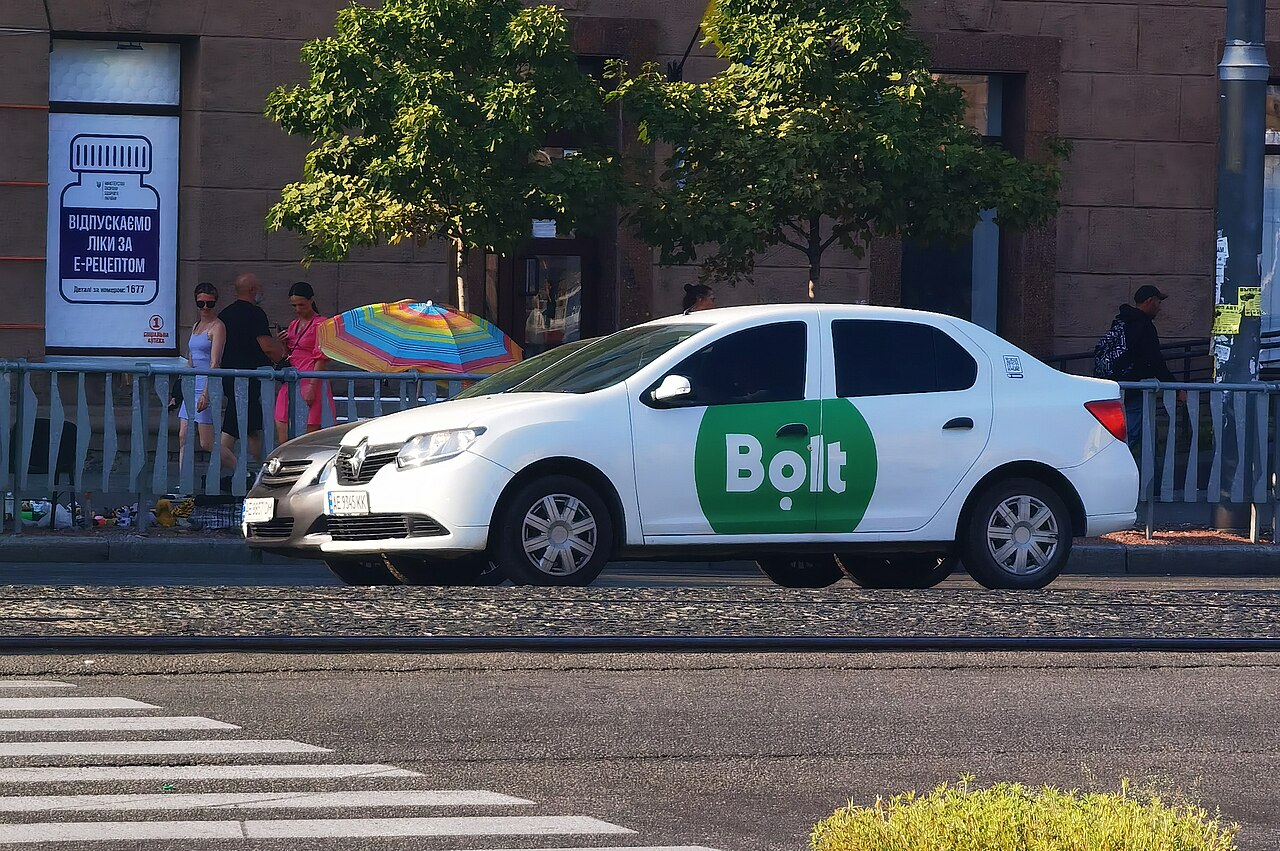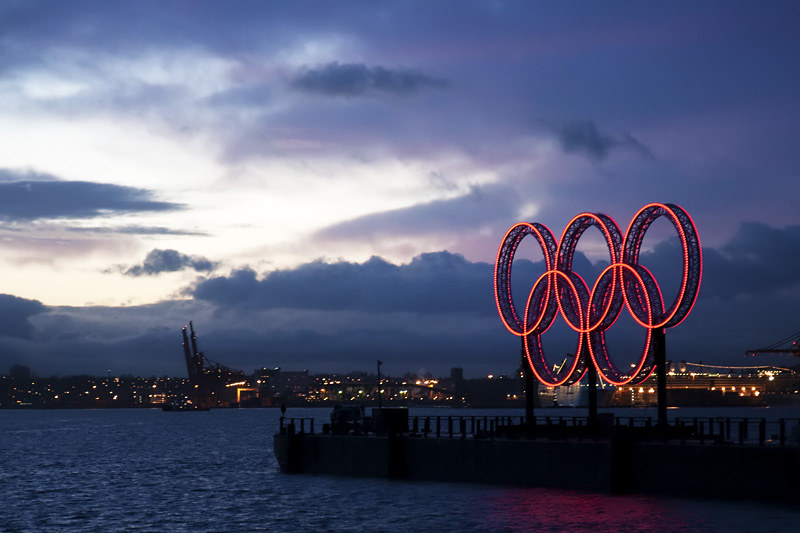South Africans have long relied on humour and satire to get through the turbulence of our politics. From cartoons lampooning our state leaders (the reason why former president Jacob Zuma will always be associated with a shower head) to TikTok skits about load shedding, we’ve always laughed to keep from crying. But the Hawks, South Africa’s elite crime-fighting unit, didn’t see the funny side when TikTok satirist Anton Taylor posted a parody video about then–Police Minister Senzo Mchunu.
Taylor’s offence? A March 2025 clip in which Taylor, playing a recurring fictional Eastern European gangster character, claimed to have bribed Mchunu with cash, a BMW, and prostitutes – a light-hearted jab at perceived extravagance amid public hardship.
In response, in June this year, the Hawks raided Taylor’s Cape Town home. The raid, which saw Taylor’s cellphone and devices seized using triangulation methods typically reserved for terrorism or kidnapping cases, has been decried as a glaring abuse of power. Mchunu, who filed charges claiming the video was “hurtful and damaging,” allegedly leveraged his position to classify the matter as a “crime against the state,” prompting the Hawks’ involvement.
The Democratic Alliance (DA) labelled it a “witch-hunt”, demanding explanations from acting police leadership, while civil society warned of a chilling effect on dissent. Ultimately, the National Prosecuting Authority (NPA) declined to pursue charges, deeming the investigation a wasteful diversion of resources.
Adding layers of irony, Mchunu himself was suspended just weeks later, in July 2025, by President Cyril Ramaphosa amid explosive corruption allegations. Accused of collusion with a criminal syndicate and interfering in high-profile investigations, Mchunu’s “special leave” has sparked debates over accountability in the African National Congress (ANC). His suspension, unrelated to the Taylor incident, underscores the hypocrisy: a minister quick to wield state machinery against a satirist now faces scrutiny for allegedly protecting organised crime figures.
What are the limits of free expression in South Africa?
This episode thrusts South Africa’s freedom of expression laws into the spotlight. Enshrined in Section 16 of the Constitution’s Bill of Rights, the right to free speech is a pillar of the post-apartheid democracy, protecting opinions, artistic creativity, and even satire as essential to open discourse. However, it’s not absolute. The clause excludes propaganda for war, incitement to imminent violence, or advocacy of hatred based on race, ethnicity, gender, or religion that constitutes incitement to harm. Courts apply a proportionality test to any restrictions, ensuring they are reasonable, justifiable, and the least intrusive means possible in a democratic society.
Taylor’s parody, while perhaps stinging to Mchunu’s ego, falls squarely under protected expression – a humorous critique of a public figure without calls to violence or hatred. Contrast this with the recent Equality Court ruling against Economic Freedom Fighters (EFF) leader Julius Malema. On 28 August, the Western Cape Equality Court found Malema guilty of hate speech for remarks at a 2022 rally, where he urged supporters: “You must never be scared to kill” in a revolutionary context.
The court ruled these words incited harm and propagated hatred, particularly amid racial tensions in the Western Cape, undermining national reconciliation efforts. Malema and the EFF were ordered to pay costs, although they strongly condemned the ruling and vowed to appeal.
Here, the law’s limits were aptly enforced against rhetoric that could fuel real-world violence, a far cry from Taylor’s innocuous skit. This is the crucial distinction: Malema’s words advocated violence. Taylor’s words mocked a minister. Yet it was Taylor who endured a home raid by an anti-terror unit.

Why can power silence critics?
Taylor’s ordeal illustrates how those in power can twist state machinery to silence critics. Instead of brushing off a satirical video, Mchunu weaponised the Hawks. That the NPA later dismissed the case doesn’t erase the damage: the message to other comedians, creators, and ordinary citizens is clear – mock the wrong person, and you may face a knock on your door from heavily armed investigators.
This is not just a South African problem. Around the world, leaders increasingly use law enforcement or litigation to suppress dissent. And here at home, another growing threat looms: SLAPP suits.
What are ‘SLAPP’ suits, and why do they matter?
SLAPP stands for “Strategic Litigation Against Public Participation”. Defined by organisations like the Centre for Applied Legal Studies (CALS) as “a new approach to censorship,” SLAPPs exploit the legal system to deter public interest activism and journalism. It describes lawsuits brought not to seek justice but to intimidate, silence, and drain the resources of critics. Typically, powerful individuals or corporations file defamation cases against journalists, activists, or whistleblowers, knowing the cases have little merit but that defending them will be costly and exhausting.
South Africa’s Constitutional Court formally recognised SLAPP suits in 2022, when environmental activists facing multiple defamation claims from an Australian mining company raised it as a defence. Since then, courts have acknowledged SLAPPs as an abuse of process. Civil society groups like CALS and Right2Protest have even drafted a model anti-SLAPP law to better protect journalists and activists.
Why does this matter here? Because while Taylor faced the heavy hand of the Hawks, others have faced the drawn-out intimidation of meritless litigation.
A poignant example ties directly to this story: Karyn Maughan, the News24 journalist who broke the Taylor raid news, was herself a SLAPP victim. In 2022, former President Jacob Zuma initiated a private prosecution against Maughan and prosecutor Billy Downer, accusing them of leaking confidential documents in Zuma’s arms deal corruption trial.
The Pietermaritzburg High Court struck it down in June 2023, labelling it an “abuse of process” that infringed on press freedom and highlighted gendered online harassment from Zuma’s supporters. Zuma suffered multiple defeats, including a Supreme Court of Appeal dismissal in October 2023 and further losses up to March 2025.
This case, and others, illustrate SLAPPs’ toll: financial strain, emotional exhaustion, and a deterrent to investigative work. The parallels with Taylor’s case are striking. Whether it’s the Hawks at your door or a summons in your inbox, the effect is the same: intimidation. The goal is not justice but silence.
Is free speech really shrinking in South Africa?
South Africa is not immune to the global “free speech recession”, but it remains a beacon in Africa, ranked as the continent’s top performer for press freedom in 2025 according to the RSF World Press Freedom Index.
This standing reflects our robust investigative journalism culture and constitutional protections, despite the intimidation and abuse of power already mentioned. In contrast, harsher realities plague other African nations: Eritrea, the world’s most censored country (180th globally), has imprisoned journalists without trial since 2001, shutting down all independent media. And just across our border in Zimbabwe, journalists and critics are routinely jailed under sedition laws for social media posts.
In South Africa, the newly enacted Hate Crimes and Hate Speech Act, while laudable in its intent to curb racism and intolerance, risks casting the net too wide and criminalising legitimate speech.
For the average person, this should raise alarm bells. Imagine tweeting a frustrated jab at a politician from your 9-to-5 break. If a comedian like Anton Taylor faces a Hawks raid for satire, what happens to you? The law might not target you today, but if this trend continues, that knock on the door could be next.
The Hawks raid fits a worrying pattern: state resources being used to protect the powerful from embarrassment rather than the public from harm. When a satirist is investigated for “crimes against the state”, but politicians accused of corruption remain at large, the priorities look disturbingly skewed.
At its core, the Taylor raid isn’t just about one comedian’s brush with authority; it’s a symptom of how abuse of power threatens democracy’s foundations. When satire is equated to sedition, and legal processes are weaponised against critics, the space for accountability shrinks.
Freedom of expression is often described as the lifeblood of democracy. It allows citizens to hold leaders accountable, to expose wrongdoing, and yes, to make fun of those in power. But it’s a fragile right. Abuse of power – whether through raids, gag orders, or frivolous lawsuits – slowly chips away at it.
If we fail to act, more Anton Taylors will be harassed, more journalists dragged to court, and more ordinary citizens intimidated into silence. And a democracy without laughter, dissent, and fearless reporting is no democracy at all.
Emma is a freshly graduated Journalist from Stellenbosch University, who also holds an Honours in history. She joined the explain team, eager to provide thorough and truthful information and connect with her generation.




